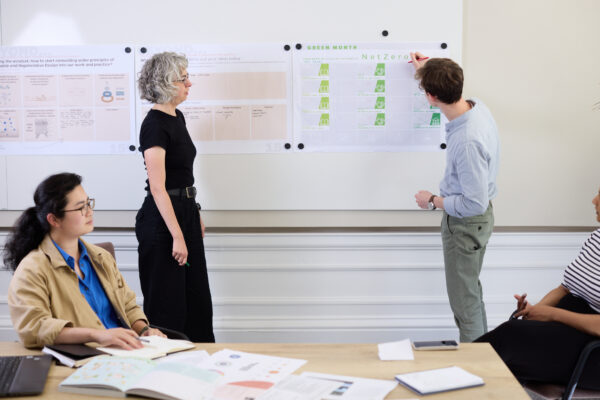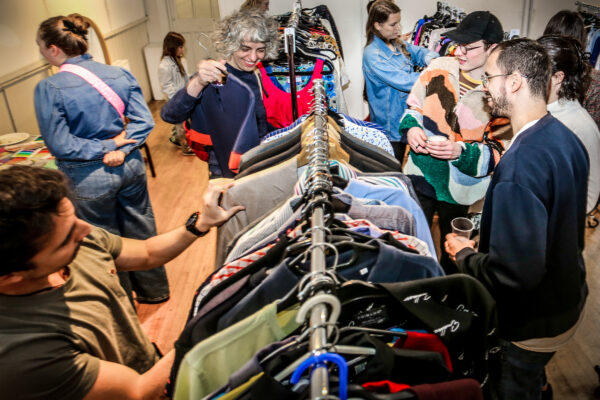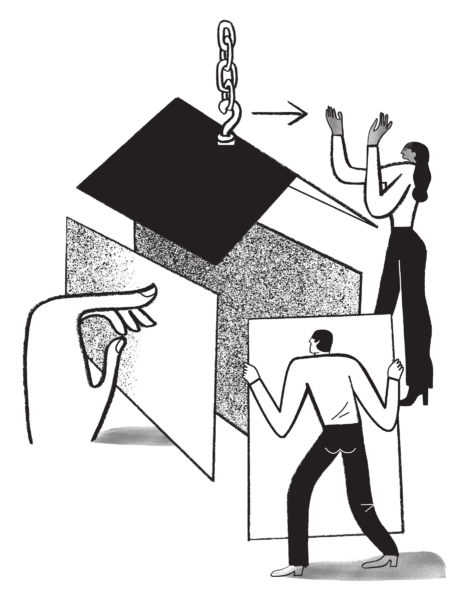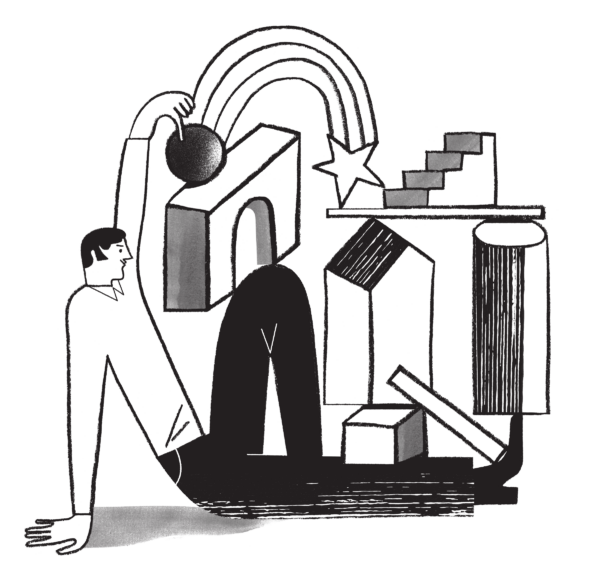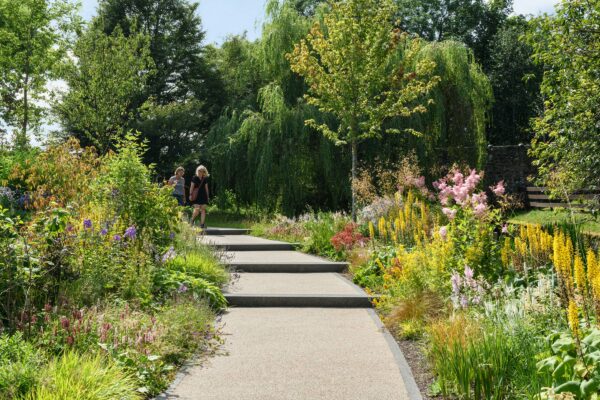
Sustainability
Sustainability is about sustaining life... All life! Once we have framed our thinking in this way, it becomes impossible to see sustainable design considerations as constraints, but rather as opportunities to enrich the design, improve the quality of buildings and the wellbeing of their users.
As a practice and as individuals working in the built environment, we are acutely aware of the significant contribution the construction industry has made and continues to make to the Climate and Biodiversity crisis.
We understand that all actions have environmental implications. We know that we are uniquely placed to advise our clients on decisions that not only mitigate further climate deterioration but could also help restore and regenerate the environment we are fully dependent on.
It is our responsibility to improve the way buildings are designed, built, refurbished, and retrofitted. It is also our opportunity to raise the level of knowledge and skill of our staff and to engage with wider initiatives that drive the much-needed transformation in the built environment.

To be the change that we want to see in our industry we are continuously taking steps to address our own challenges. Our in-house Green Group headed by our own full-time Sustainable Design Lead are championing MLA’s sustainability agenda structured around five key objectives.
“The danger is not to aim too high and fail. The danger is to aim too low and only do that.”
Christiana Figueres – Former Executive Secretary of the United Nations Framework Convention on Climate Change.
The impact of our actions is directly linked to the scale of our ambitions. In March 2021, MLA signed up to the RIBA 2030 Climate Challenge, a voluntary stepped approach towards reaching Net Zero in the built environment. By adopting this framework, we can assist our clients in gaining a clearer and deeper understanding of their own environmental impact, which will more effectively guide their Net Zero journey. In turn, we would encourage all our clients and consultants to support us in this endeavour.
Whilst eliminating carbon emissions is the first and most effective step in mitigating further climate deterioration, a more holistic approach is required to restore our environment and provide positive opportunities for generations to come. We have developed a comprehensive sustainable and regenerative design framework that seeks to meaningfully address issues around carbon emissions and energy consumption, ecological impact and biodiversity loss, human health and wellbeing and community and social value.
As a business, it is critical that we investigate ways of reducing the carbon and ecological footprint of our day-to-day working practices. We use our Business Management System to continuously monitor and improve on operational indicators such as energy use, business travel impact, water consumption, waste generation and recycling.
MLA maintains an ISO 14001 accreditation for Environmental Management Systems for over a decade. In addition, over the past few years, we have undertaken the EcoVadis sustainability performance assessment and have been awarded the EcoVadis Gold Medal.
Educating staff across all disciplines enables us to provide informed and considered advice to clients, guide our partners and, hopefully, inspire other practices just as we have been inspired by others. Our climate literacy programme includes a variety of training activities, ranging from in-house guidance and internal communications to structured seminars, established industry courses, and our annual Green Month.
Our in-office Passive House designers are here to advise on design measures to improve building performance and to assist with a smooth transition when a Passive House equivalent is adopted as part of the Scottish Building Regulations.
We believe that interdisciplinarity and collaborative working are critical to successfully integrating and delivering an all-encompassing sustainability approach. We engage regularly in knowledge sharing and wider public events aimed at raising awareness and addressing the environmental impact of the built environment. In addition, our staff are involved in several professional organisations and industry groups, and we are regularly organising Business to Business events with the purpose of establishing a sustainable design ‘troubleshooting’ working group outwith the day-to-day pressures of a live project.
Pursuing Sustainable Initiatives
